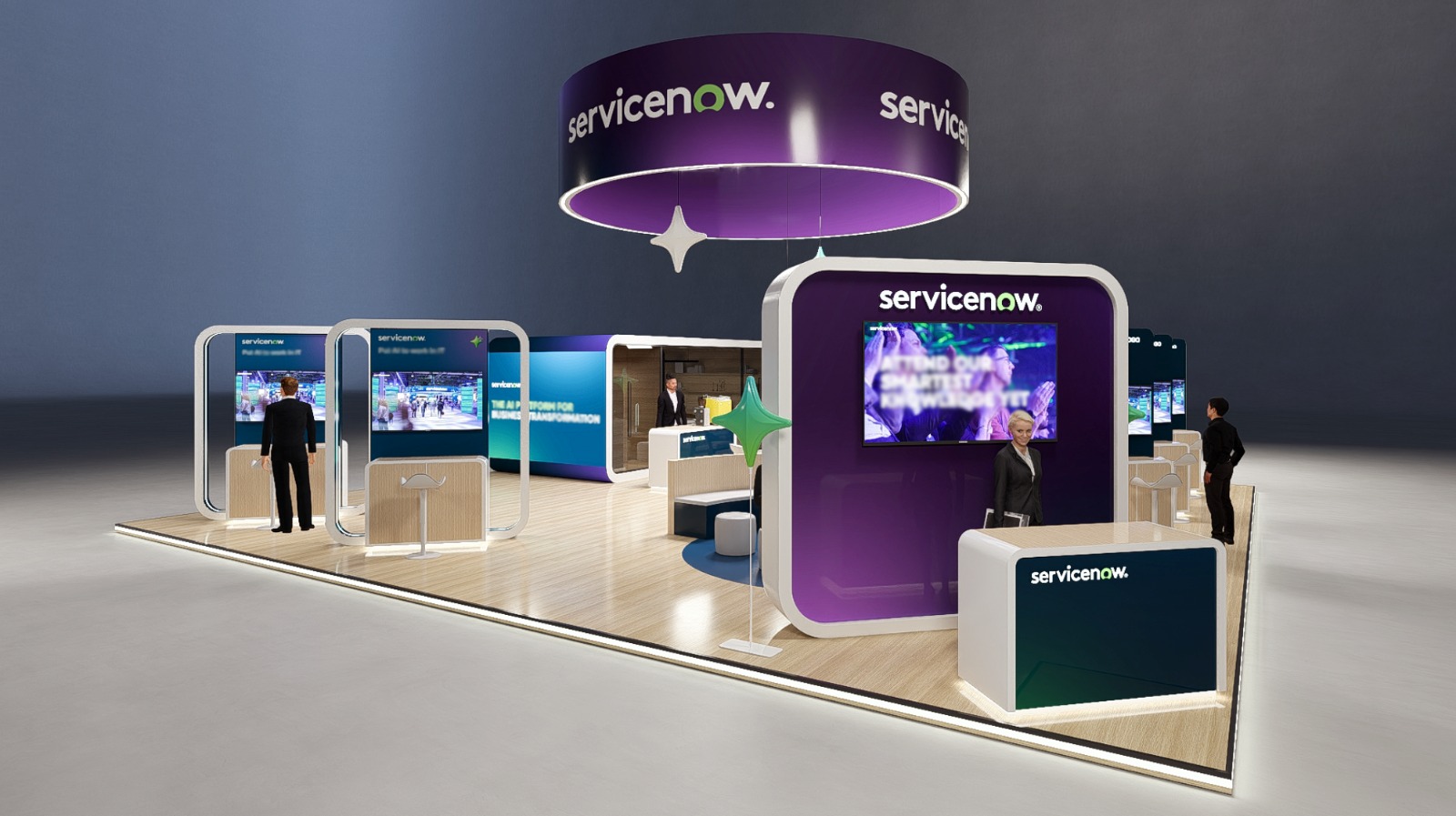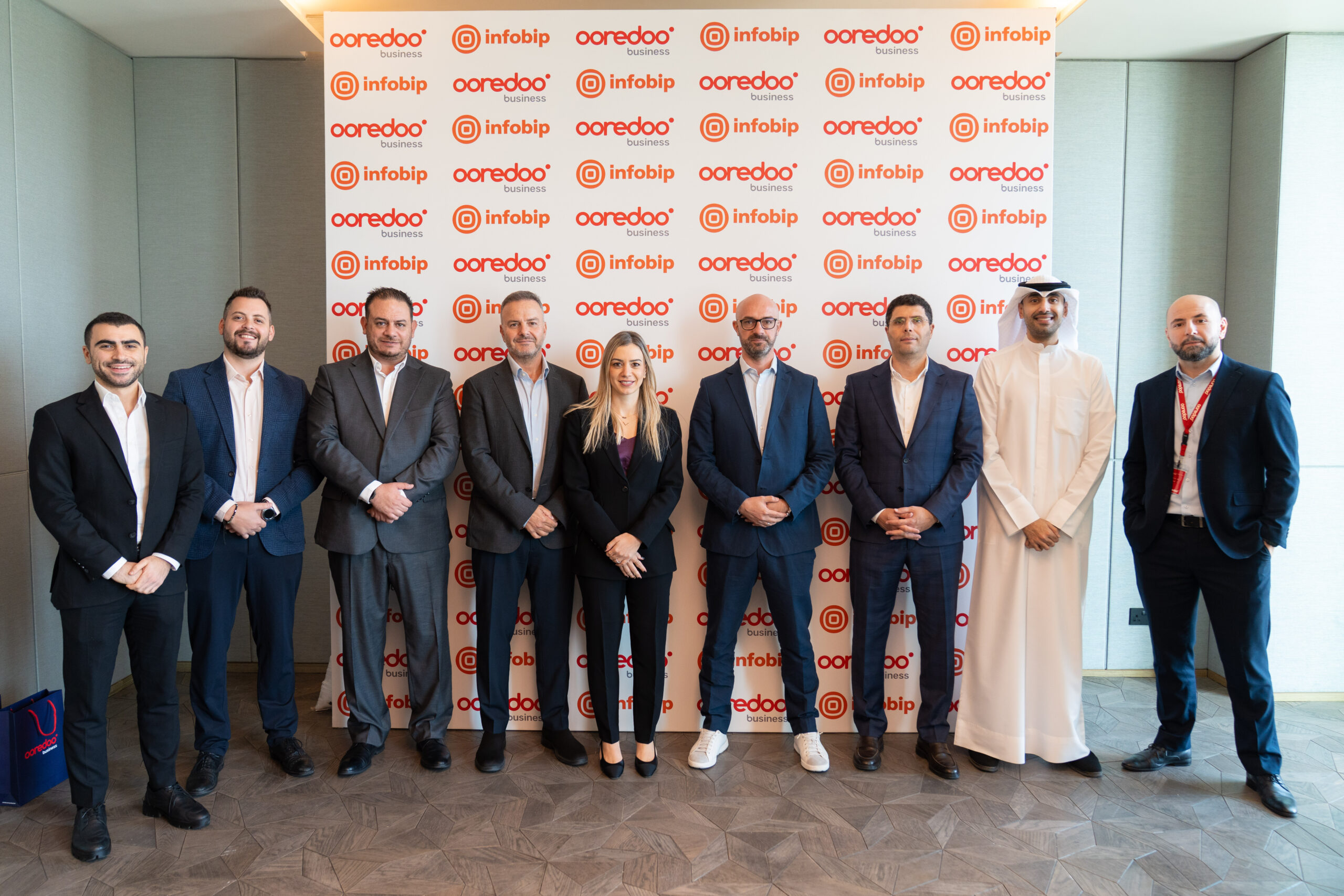Exclusive: AI Development Accelerates With Open Source Tools

At AI Everything Global in Dubai, Adrian Pickering, Regional General Manager for Red Hat MENA, shared insights with Tech Revolt into Red Hat’s evolving role in artificial intelligence (AI) and cloud adoption across the Middle East. With over 35 years in the ICT industry and leadership experience spanning companies like Nortel, Cisco, and Juniper Networks, Pickering brings a deep understanding of technological transformation in the region.
Red Hat’s AI Focus and Strategy
Red Hat’s presence at AI Everything aligns with its long-standing commitment to open-source innovation. “Red Hat is a company which has built its success over many years on an open-source development model,” Pickering stated. “We work with development communities around the world on various projects, and as a consequence, we now have an industry-leading operating system, Red Hat Enterprise Linux (RHEL), and the OpenShift Container Platform.”
These platforms, widely adopted across industries, are evolving to integrate AI-specific toolkits, addressing the growing demand for AI-driven solutions. “Both our operating system and our container platform are having the tools built into them that allow AI-specific developments to be done in a much more efficient and effective manner,” he explained, emphasizing that Red Hat’s strategy is truly global.

Latest Solutions and Their Business Impact
Red Hat’s latest developments include the AI-enhanced RHEL 10 beta and the OpenShift Container Platform (OCP), which has gained traction worldwide. “OpenShift Container Platform is the most widely adopted container development tool used for building new applications—mobile, on-premise, or cloud—and also for modernizing existing applications,” Pickering noted.
In the financial sector, for example, banks are using OpenShift to modernize applications and enhance fraud detection. “Several banks we’re working with are developing models that allow them to much more efficiently spot fraudulent or unusual transactions within the hundreds of millions that go on daily,” he added.
Challenges and Opportunities in MENA’s AI and Cloud Adoption
AI adoption in the Middle East presents both opportunities and challenges, particularly in data management. “AI is only as good as the data that feeds into it,” Pickering explained. Many organisations struggle with siloed data, which prevents efficient AI model training. “Building that information source is a challenge in itself, and then you need the expertise of data scientists who can collate the data, analyse large language models, and bring these elements together to address specific use cases.”
He cited healthcare and financial services as key sectors leveraging AI in the region. “In healthcare, genome sequencing is being analysed to predict diseases and preemptively treat them, while in financial services, AI models are helping detect fraud more efficiently.”
The Future of AI and Emerging Technologies
Looking ahead, Red Hat remains committed to its open-source model, which Pickering sees as crucial to driving AI innovation. “Innovation comes very fast in open-source projects, and we will maintain that approach,” he affirmed.
The Middle East is experiencing a significant shift towards cloud adoption, a trend Red Hat is well-positioned to support. “We are seeing organisations—airlines, banks, government departments—moving workloads into the cloud. Sovereign cloud initiatives like G42 in Abu Dhabi and Moro Hub in Dubai are addressing data sovereignty concerns, while international players like Microsoft continue to expand.”
AI is no longer just a buzzword; it is becoming a strategic priority across industries. “Every organisation we speak to is asking about AI. Just this morning, I spoke to one of our salespeople returning from Oman, and in every meeting, AI was a key discussion point,” he shared.
As AI adoption accelerates, companies are embedding AI-focused roles within various departments. “Yesterday, at the Abu Dhabi conference, the CEO of Etisalat mentioned that every department now has someone responsible for AI—whether it’s procurement, technology, or fleet management. It’s happening.”
With Red Hat at the forefront of AI and cloud innovation, the company’s influence in shaping the region’s technological landscape continues to grow. As businesses across MENA deepen their AI capabilities, Red Hat’s open-source solutions will likely remain an integral part of the ecosystem.








